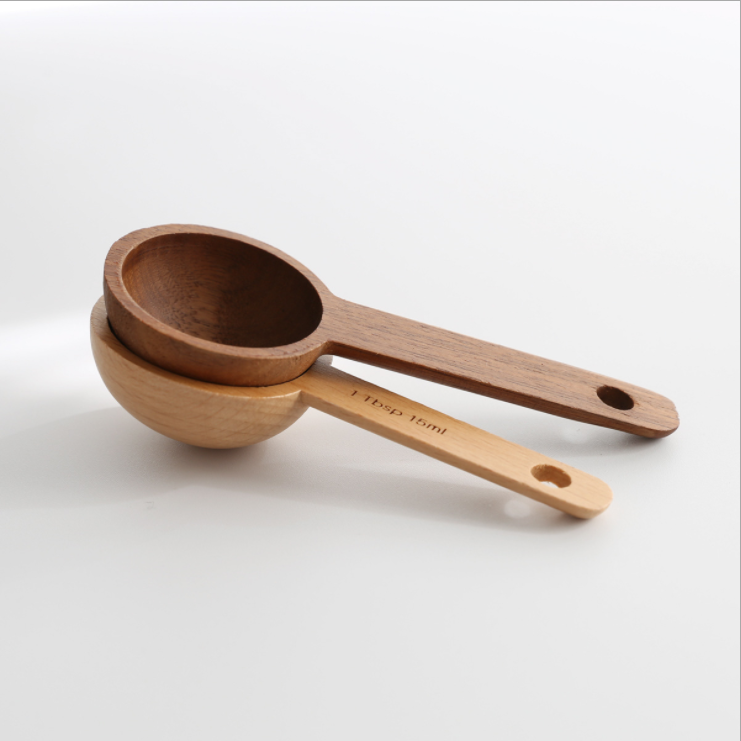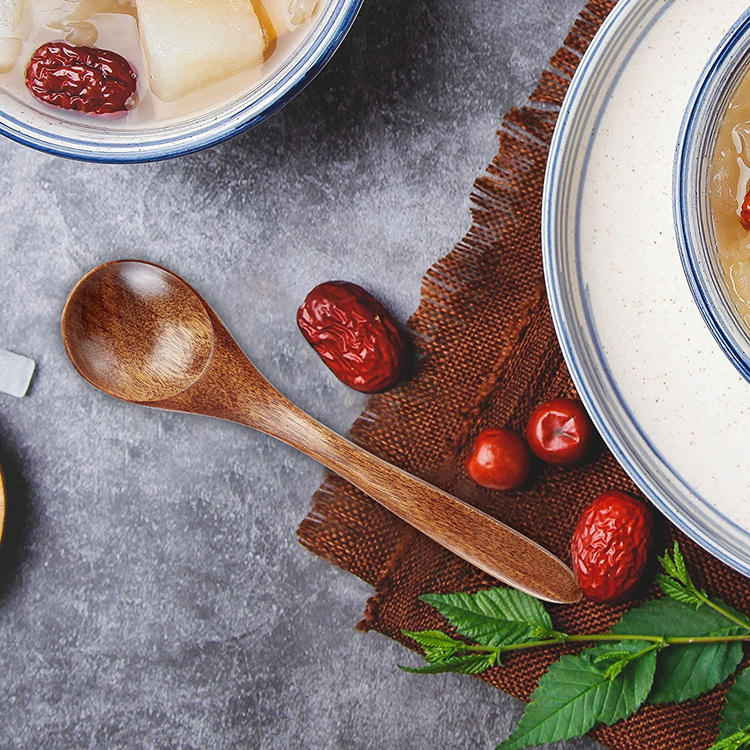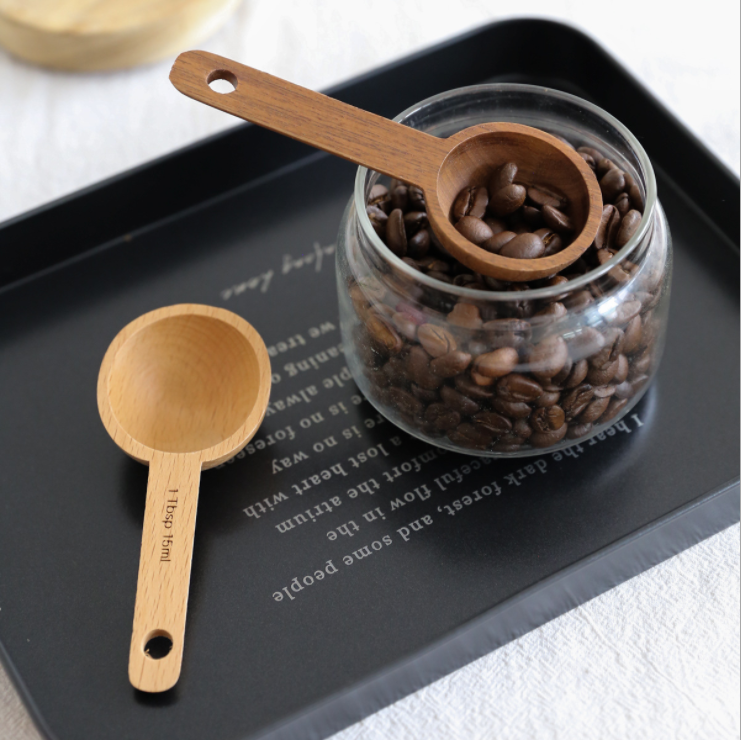- Non-reactive: Unlike metal or plastic spoons, wooden spoons do not react with acidic ingredients like tomatoes, vinegar, or citrus juices. This makes them ideal for stirring sauces and other acidic dishes.
- Heat resistant: Wooden spoons do not conduct heat like metal spoons, which makes them ideal for use in high-temperature cooking, such as frying or sautéing. They also don’t get hot to the touch, which means you won’t burn your hands.
- Gentle on cookware: Wooden spoons are gentle on non-stick and other types of cookware, which means they won’t scratch or damage the surface of your pots and pans.
- Versatile: Wooden spoons can be used for a variety of cooking tasks, including stirring, mixing, and serving.
- Aesthetically pleasing: Wooden spoons are often beautifully crafted and can add a touch of warmth and beauty to your kitchen.
- Sustainable: Wooden spoons are an eco-friendly option because they are made from a renewable resource and can be composted at the end of their life span.
Overall, wooden spoons are a versatile, non-reactive, and sustainable option for cooking and serving food.



